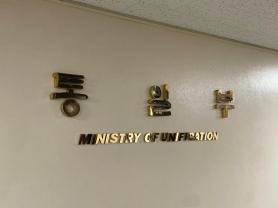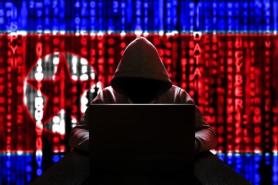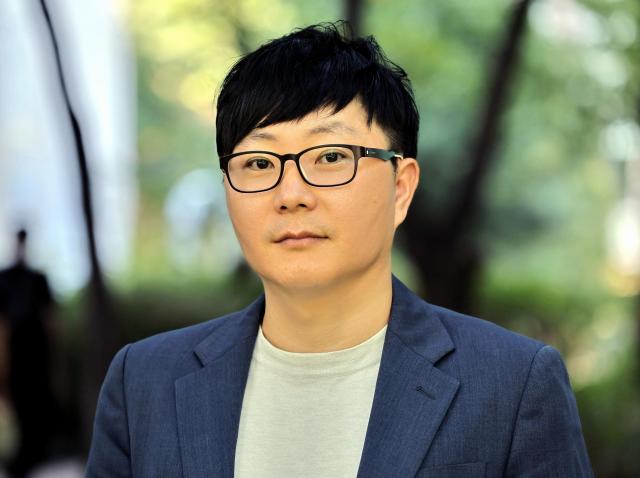
"While media coverage has shifted from rumor-driven reports to more fact-based accounts, portrayals still tend to be oversimplified," said Seongmin Lee, who heads the Korea desk and programs at the New York-based Human Rights Foundation, in an interview with AJP.
"The country is often shown as a place where everyone moves in lockstep under central orders, ignoring regional and class differences. Human rights stories are usually reduced to 'government as perpetrator, citizens as victims.'"
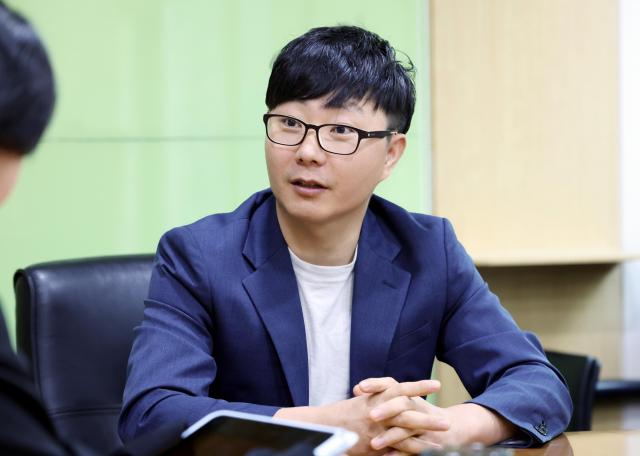
Lee argues that defectors, who combine lived experience with active networks inside the country, can provide nuance missing from mainstream narratives.
"There are about 34,000 defectors in South Korea, but their voices are rarely heard in the international arena, especially in English," said Lee, who fled the North in 2009, later studied political science at Columbia University, and went on to earn a master’s degree in public administration. Now a U.S. citizen, he divides his time between New York and Seoul.
One of the projects Lee oversees is "Flash Drives for Freedom," launched in 2016. The program smuggles donated USB sticks into North Korea, packed with films, TV dramas, e-books, and other content to give ordinary citizens a glimpse of the outside world.
"North Koreans cannot use the internet, make international calls, or travel abroad, so USBs remain a vital tool. We have sent about 140,000 so far," Lee said.
The drives were once carried by balloons along with leaflets, but since Seoul banned the practice to ease ties with Pyongyang, activists now move them through China or third countries. Lee emphasized that the project operates independently of South Korea’s shifting political stance.
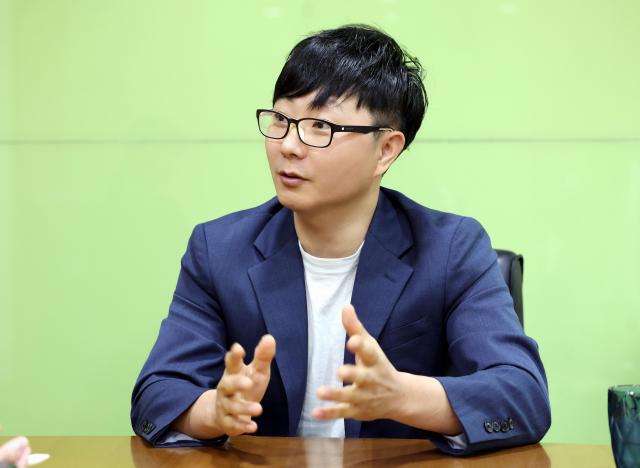
Lee also leads NK Insider, an English-language online magazine launched in January 2024 that focuses on analysis and opinion. More than half of its roughly 300 published articles are written by defectors themselves, drawing around 20,000 subscribers in 97 countries. Daily traffic runs in the hundreds to thousands, and the site has endured frequent hacking attempts. "That shows we are being effective," Lee said.
Much of NK Insider’s reporting relies on information from North Korea’s border provinces—North Pyongan, Ryanggang, and North Hamgyong—or from North Korean workers in Chinese cities. While pandemic-era border closures restricted access, Lee says conditions have since eased.
The ultimate goal, he stressed, is to ensure that defectors’ voices are not sidelined: "We will continue to provide diverse and in-depth content centered on the experiences of people who actually lived in North Korea."
Copyright ⓒ Aju Press All rights reserved.


